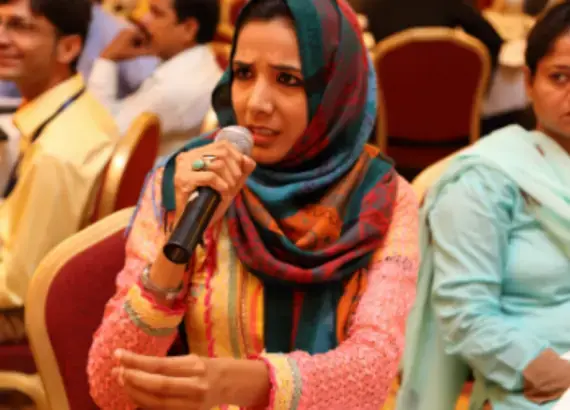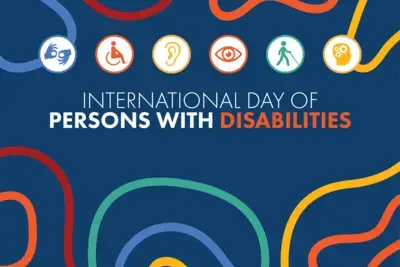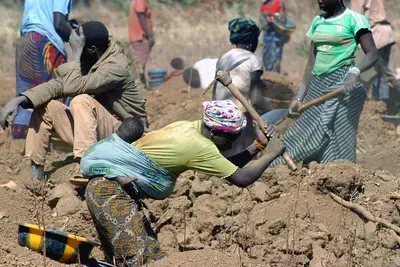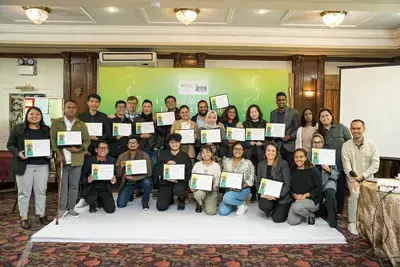
Success Story
Grassroots Members Play Key Role in Setting Political Party Policy
Grassroots members of political parties in Pakistan have historically been disconnected from party leaders who are typically the ones who decide the parties’ policy positions. In fact, rank and file members of most parties have often not met their party leaders, let alone had a chance to discuss policy issues with them.
“The policy development process has always been top down,” said Tahir Bizanjo, a senior leader of the National Party. “What we are learning now is how to make it the other way around.”
He was referring to NDI’s Political Party Development Program, a five-year USAID-funded project under way since 2011, aimed at helping parties develop more inclusive, participatory and research-based policies. The goal is to give Pakistanis more confidence in the democratic process by making political parties, a key element in democratic governance, more inclusive and open.
Providing formal opportunities for rank and file party members at the district, provincial and national levels to engage in party politics contributes to strengthening internal party democratic processes. To date, thousands of party members from 10 major Pakistani political parties have participated in programs facilitated by NDI.
More people than ever before participated in the 2013 general elections in Pakistan, a positive sign. But confidence in democracy will depend on the willingness of parties to be responsive to citizen concerns.
The first phase of NDI’s Political Party Development Program is an Issue Identification Workshop (IIW) at which grassroots party members identify issues and concerns in their communities then agree on which should be priorities. The process provides a locally-rooted foundation for party policymaking, giving grassroots party members a chance to voice their opinions.
“I learned that good policies are made with the consent of the public, and during workshops we listened to opposing views patiently,” said Qazi Asad Shah, a participant from the Qaumi Watan Party. “It was very interesting that men and women sat together to discuss the policy and we got a chance to meet our leaders.”
The program also provides a forum for women to engage actively in policy development at the local level. “I belong to the Northern Area where women avoid going out of home alone,” said Anjum Haider, a grassroots participant from the Pakistan Peoples Party (PPP). “Actively engaging in politics requires a lot of courage."
The 25 IIWs held to date have also underlined the potential to engage youth. More than 57 percent of the participants were young people. They have helped prioritize the issues facing Pakistan’s youth and have proven themselves to be open-minded, intelligent and hard-working.
“NDI’s programs are a fresh blow of wind for young political workers of Pakistan who are working for their respective parties in very remote areas,” said Raja Khaliq u Zaman Ansari, a participant from the Pakistan Muslim League-Nawaz (PML-N). “I got a chance to sit with the senior members of my party during the group works of IIW. At first I was reluctant but then they encouraged me and I gave the presentation on behalf of my group.”
Published on March 9, 2015



